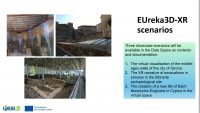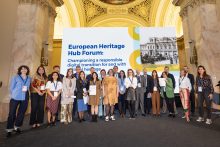Prima rassegna dei prodotti realizzati sui temi del Digital Cultural Heritage dalle Scuole italiane che hanno aderito ad #HackCultura2019.
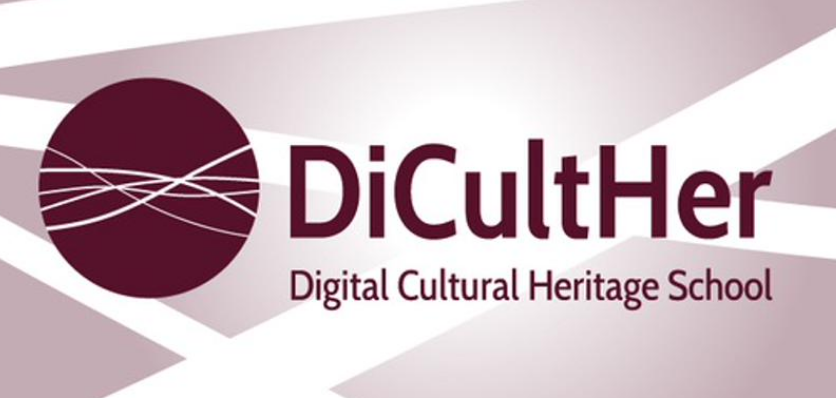 Gli incontri dell’11-12 a Matera, del 13 a Trani e del 15-16 a Catanzaro rappresentano un momento di confronto cooperativo promosso dalla Rete DiCultHer che mette al centro la ‘creatività’ dei giovani per affrontare, mediante l’uso consapevole del digitale e con approcci innovativi, la conoscenza, l’accesso partecipato, la gestione e la valorizzazione del Digital Cultural Heritage per realizzare le istanze che hanno portato all’elaborazione e realizzazione del progetto #DiCultHer stesso.
Gli incontri dell’11-12 a Matera, del 13 a Trani e del 15-16 a Catanzaro rappresentano un momento di confronto cooperativo promosso dalla Rete DiCultHer che mette al centro la ‘creatività’ dei giovani per affrontare, mediante l’uso consapevole del digitale e con approcci innovativi, la conoscenza, l’accesso partecipato, la gestione e la valorizzazione del Digital Cultural Heritage per realizzare le istanze che hanno portato all’elaborazione e realizzazione del progetto #DiCultHer stesso.
Seguendo il solco tracciato nel 2018 – anno europeo del patrimonio culturale – la programmazione 2018-19 delle attività promosse dalla Scuola a Rete DiCultHer ha rappresentato un ulteriore qualificato momento per favorire la collaborazione con le Istituzioni nazionali ed europee per favorire l’engagement delle fasce giovanili ai vari temi connessi al patrimonio culturale in forma digitale, il Digital Cultural Heritage (DCH) che costituisce ormai la memoria culturale della contemporaneità nell’agire “Con i ragazzi per costruire opportunità” e per garantire contesto e sviluppi attuativi al «diritto di ogni cittadino all’accesso ai saperi e di essere educato alla conoscenza e all’uso responsabile del digitale per la salvaguardia e la valorizzazione del patrimonio culturale e dei luoghi della cultura».
L’11 e 12 Aprile 2019, a Matera, Capitale europea della Cultura del 2019, il 13 a Trani presso il Polo Museale di TRANI – Fondazione SECA, con l’evento dal titolo “Scuola e DiCultHer insieme per la titolarità culturale degli studenti. Patrimonio culturale, sviluppo territoriale, cittadinanza e digitale” e il 15 e 16 a Catanzaro, presso il Teatro Politeama, con l’evento dal titolo “PNSD on the Road – La bellezza salverà il mondo” ci sono sembrati i luoghi e i contesti adeguati per dare voce e attenzione al protagonismo del nostro sistema scolastico e ai nostri ragazzi in particolare che hanno raccolto le sfide sottese alle attività DiCultHer ed in particolare di #HackCultura20192, il primo l’Hackathon per la “titolarità culturale”, la conoscenza e la ‘presa in carico’ del patrimonio culturale nazionale da parte dei giovani, promuovendo la prima rassegna dei prodotti realizzati sui temi del Digital Cultural Heritage dalle Scuole italiane, nella prospettiva a) di renderla permanente nel Mezzogiorno d’Italia quale appuntamento culturale ricorrente per il Paese e per la Scuola in particolare e, b) di avviare il Laboratorio Scuola Matera2019 a supporto della progettazione di iniziative formative, educative e di aggiornamento professionale dei Docenti nel settore del Digital Cultural Heritage, previsto nel Protocollo d’Intesa DiCultHer-USR Basilicata in atto.
Le iniziative sono parte integrante della quarta edizione della Settimana delle Culture Digitali “Antonio Ruberti” (8-14 Aprile 2019) e sono organizzate in collaborazione con gli Uffici Scolastici Regionali di Molise, Calabria e Basilicata, con i quali DiCultHer ha specifici Protocolli d’intesa operativi sui temi dell’Educazione al Patrimonio Culturale, nonché in collaborazione con INDIRE, ICCU-MiBAC, EUROPEANA e Scholas Occurrentes. Per DiCultHer tali attività rappresentano un modo sostanziale per contestualizzare la Convenzione di Faro nell’Era Digitale contemporanea, realizzando attività formative, educative e di ricerca per dotare, in particolare, le nuove generazione della conoscenza non solo delle nuove dimensioni del Patrimonio culturale, ma anche del più vasto universo del nuovo Digital Cultural Heritage. L’obiettivo è quello di realizzare l’integrazione fra saperi umanistici tradizionali e conoscenze di metodi e tecniche computazionali nella strutturazione della nuova Cultura Digitale, attraverso modelli che puntino a creare conoscenze e competenze consapevoli trasversali per la realizzazione di quel digital knowledge design system applicato all’educazione al patrimonio culturale che mette al centro la ‘creatività’ dei giovani per affrontare, mediante l’uso consapevole del digitale e con approcci innovativi, la conoscenza, l’accesso partecipato, la gestione e la valorizzazione del Digital Cultural Heritage delle nascenti Digital Science, Humanities, Technology, Engineering, Arts and Mathematics (Digital SHTEAM).
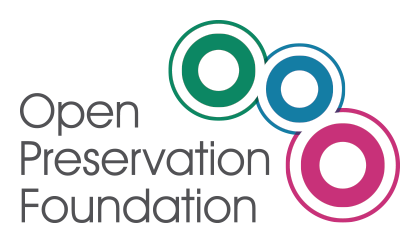 The Open Preservation Foundation will be running two online hack weeks during 2019. The first, which will take place on 8-12 April, will focus on development. A second hack week will take place in September, with a goal to update and create new documentation.
The Open Preservation Foundation will be running two online hack weeks during 2019. The first, which will take place on 8-12 April, will focus on development. A second hack week will take place in September, with a goal to update and create new documentation.

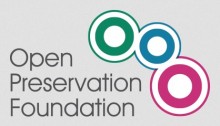
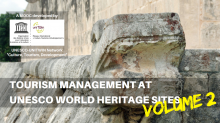
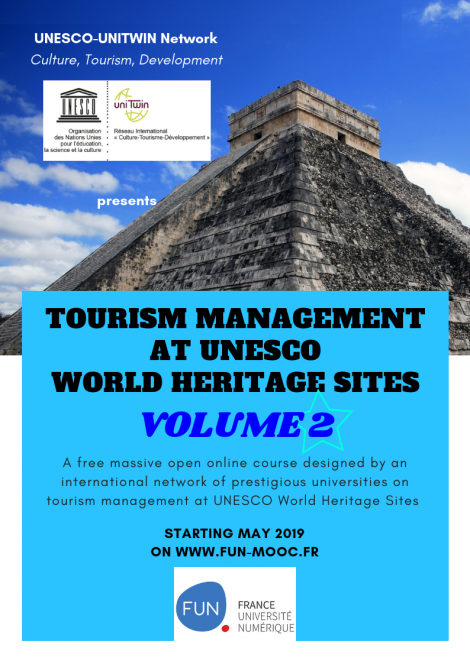 The great success of the first volume (more than 6’500 learners from 166 countries) spurred the release of this brand new open online course. It is designed and run by the international university network UNESCO UNITWIN Network “Culture, Tourism, and Development”, led by Paris 1 Panthéon-Sorbonne University (Paris, France).
The great success of the first volume (more than 6’500 learners from 166 countries) spurred the release of this brand new open online course. It is designed and run by the international university network UNESCO UNITWIN Network “Culture, Tourism, and Development”, led by Paris 1 Panthéon-Sorbonne University (Paris, France).
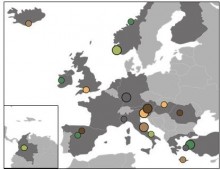
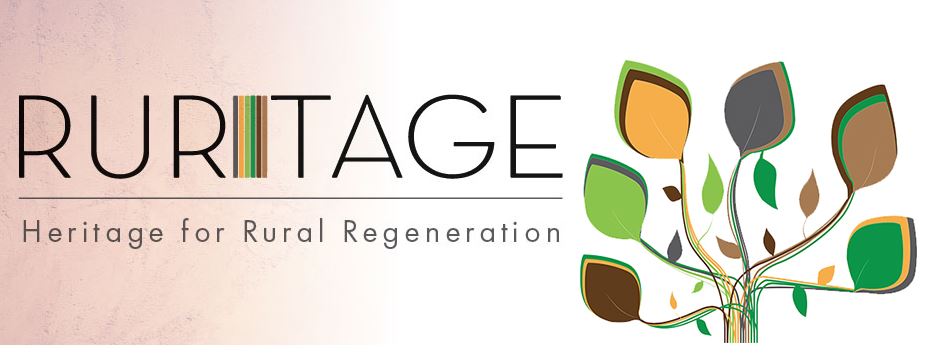
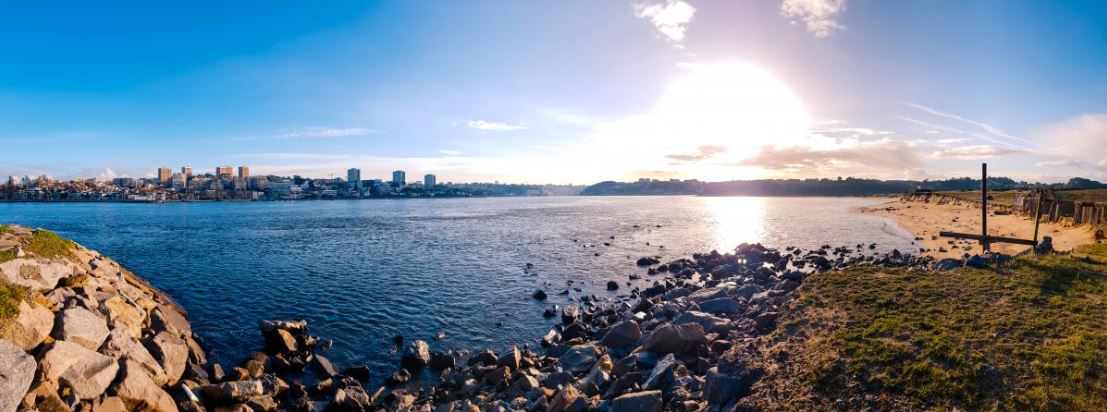



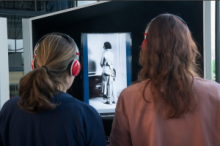
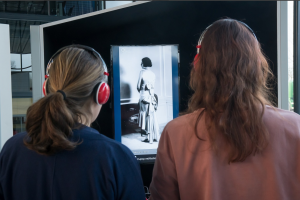

 Gli incontri dell’11-12 a Matera, del 13 a Trani e del 15-16 a Catanzaro rappresentano un momento di confronto cooperativo promosso dalla Rete DiCultHer che mette al centro la ‘creatività’ dei giovani per affrontare, mediante l’uso consapevole del digitale e con approcci innovativi, la conoscenza, l’accesso partecipato, la gestione e la valorizzazione del Digital Cultural Heritage per realizzare le istanze che hanno portato all’elaborazione e realizzazione del progetto #DiCultHer stesso.
Gli incontri dell’11-12 a Matera, del 13 a Trani e del 15-16 a Catanzaro rappresentano un momento di confronto cooperativo promosso dalla Rete DiCultHer che mette al centro la ‘creatività’ dei giovani per affrontare, mediante l’uso consapevole del digitale e con approcci innovativi, la conoscenza, l’accesso partecipato, la gestione e la valorizzazione del Digital Cultural Heritage per realizzare le istanze che hanno portato all’elaborazione e realizzazione del progetto #DiCultHer stesso.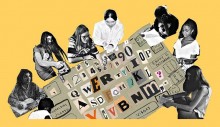
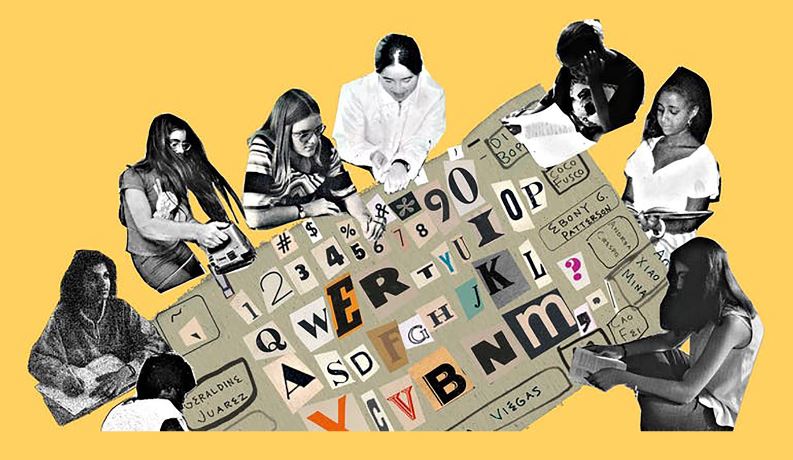
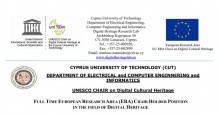
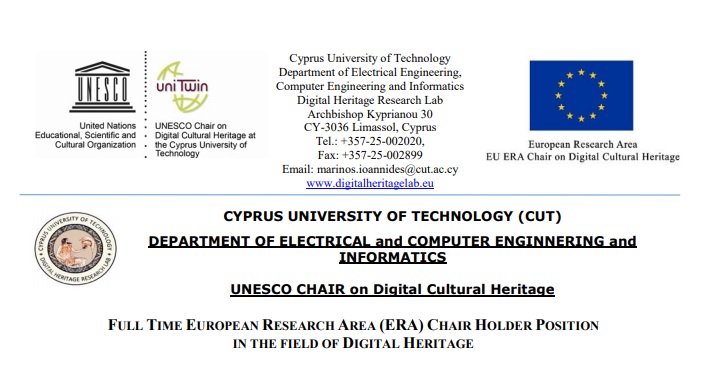
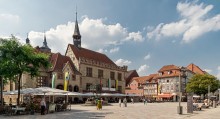
 The 2019 International Image Interoperability Framework (IIIF) Conference will be held in the week of the 24th to 28th of June in Göttingen, hosted by the University of Göttingen / Göttingen State and University Library.
The 2019 International Image Interoperability Framework (IIIF) Conference will be held in the week of the 24th to 28th of June in Göttingen, hosted by the University of Göttingen / Göttingen State and University Library.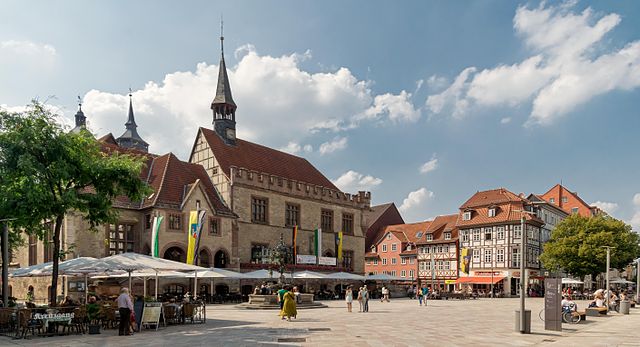
 If you have interesting news and events to point out in the field of digital cultural heritage, we are waiting for your contribution.
If you have interesting news and events to point out in the field of digital cultural heritage, we are waiting for your contribution.





























